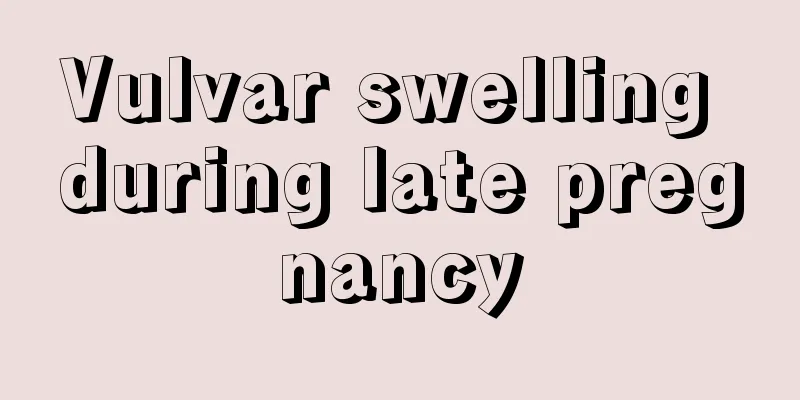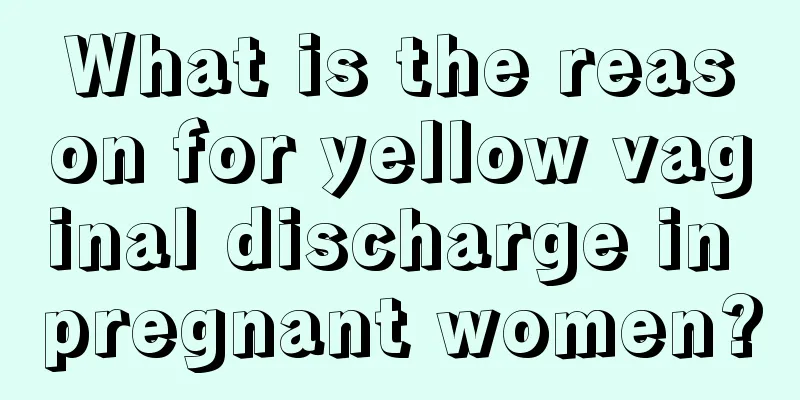[Medical Q&A] Are premature heart beats a sign of the heart being “lazy”?
![[Medical Q&A] Are premature heart beats a sign of the heart being “lazy”?](/upload/images/67eff82a685a7.webp)
|
Planner: Chinese Medical Association Reviewer: Fan Yifan, Chief Physician, Beijing Chaoyang Hospital, Capital Medical University Premature heart beats, medically known as premature contractions, are a type of arrhythmia. It refers to a sudden extra beat of the heart outside of normal beating, that is, the heart contracts once in advance. Premature heart beats can originate from the atria, ventricles, or atrioventricular junctions, affecting the normal rhythm of the heart, which may cause a series of symptoms, such as palpitations, chest tightness, or chest pain. The occurrence of premature heart beats may be related to a variety of factors, including mental stress, excessive fatigue, heavy smoking, drinking, drinking strong tea or coffee, as well as coronary heart disease, cardiomyopathy, myocarditis, heart valve disease and other heart diseases. Hyperthyroidism, side effects of certain drugs (such as digitalis drugs, antidepressants, etc.), electrolyte disorders (hypokalemia, hypomagnesemia), etc. can also lead to the occurrence of premature heart beats. It can be seen that premature heart beats are not the heart being "lazy", but an abnormal manifestation of cardiac electrophysiological activity. If you find premature heart beats, don't panic. Premature heart beats without obvious symptoms or only occur occasionally usually do not require special treatment. As long as you adjust your lifestyle, such as ensuring adequate sleep, avoiding excessive fatigue, reducing the intake of irritating foods, and relaxing, the premature beats may be alleviated or disappear on their own. However, if premature beats occur frequently and are accompanied by symptoms such as palpitations, chest tightness, dizziness, blackouts, or even fainting, you must seek medical attention in time. Complete electrocardiogram, dynamic electrocardiogram and other examinations to clarify the type and severity of premature beats, and then decide whether drug treatment, radiofrequency ablation treatment and other measures are needed based on the specific situation. |
<<: [Medical Q&A] Does ST-T changes on the electrocardiogram mean coronary heart disease?
>>: [Medical Q&A] Neonatal jaundice: Can jaundice be reduced by sun exposure?
Recommend
Can I use moxibustion for sprains?
The ankle is the part of the body that is most li...
What is the reason for small pits on the nails of pregnant women?
Presumably, for women, pregnancy is both a happy ...
Abortion at 10 weeks of pregnancy
At 10 weeks of pregnancy, which is about 70 days ...
What to eat to prepare for pregnancy
What to eat when preparing for pregnancy? Among t...
Why do some people eat but never gain weight? Here are some tips to help you develop a "thin body"!
The most enviable physique is definitely the one ...
Why do women sweat when they sleep?
Chest sweating is a common disease. Nowadays, mor...
There is a lump in the breast that hurts when pressed
Many people will find rashes in their breasts, an...
What can gynecological ultrasound detect?
Gynecological color ultrasound is a common examin...
Benefits of drinking wine for women
We know that drinking too much can easily harm th...
Does it hurt to have an IUD inserted? How does it feel?
The IUD is one of the contraceptive methods adopt...
How to massage breast enhancement effect, bath massage
Small breasts are one of the worries of many girl...
Reasons for heavy menstrual flow after childbirth
Many women have heavy menstrual flow after giving...
What is the cause of increased leucorrhea before delivery?
Whether during pregnancy or approaching delivery,...
How to tell if steamed fish is cooked How to tell if steamed fish is cooked
We all know that there are many ways to eat fish,...









